A Journey from Ireland to Scotland
Side by side with only a bit of sea between, the countries of Ireland and Scotland have many shared histories. In this letter we will celebrate one of Scotland's finest treasures, the gifted poet Robert Burns, for whom the holiday Burns Night is celebrated.
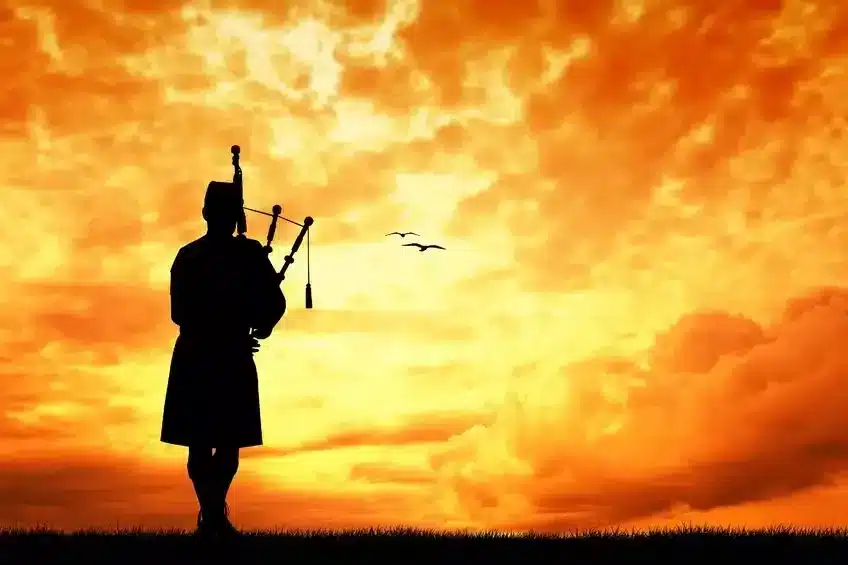
Many of our readers have mixed Irish and Scottish ancestry. How about you? Even more have surnames that they can’t quite figure out to be Irish or Scottish.
This week, I thought it would be appropriate to talk a little more about this “overlap” between Ireland and Scotland as we will see the anniversary of the birth of Robert Burns (January 25th) – Scotland’s national poet.
Maybe you celebrate Burn’s Night in your house or community – getting out the “neeps, tatties and haggis” – with a “wee dram or two”? So, let’s now go on a short journey together.
The Road From Cork to Edinburgh.
“Good God almighty, man – what time is it at all?” That was my reaction on being woken up at four in the morning. We had a long day ahead of us – driving from Cork to Edinburgh – but the key thing was making the Belfast ferry by noon.
While Ireland might be a land of winding lanes and green fields, these days you can also drive from Cork to Belfast without encountering one traffic light. Maybe you have taken this trip in the past? So, off we headed at that ungodly hour – and we made the ferry in good time and relaxed while crossing from Belfast to Stranraer.
This ferry joins two places that has seen much “toing and froing” of our shared people down through the centuries. It’s a place where Ireland and Scotland are practically touching – in fact, they were united as the kingdom of the Dal Riada across this short sea stretch many centuries ago. Around that time, the Romans gave the Irish the latin name of “Scotti” – and this name worked it’s way into the modern name of Scotland.
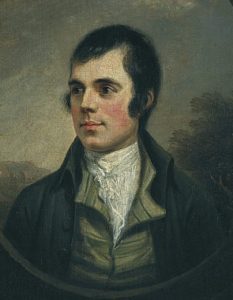
It might be a stereotype for romantic poets, but Robbie seems to have attracted the attention of many the young lady – and formed a number of admiring relationships. His first major work – “Poems, Chiefly in the Scottish Dialect” – was published in 1786. Over the remaining ten years of his life, he went on to publish a number of poems, lyrics and songs – many of which have worked their way into our collective consciousness (maybe you have sang “Auld Lang Syne” from time to time). One of his more famous poems was “My Love is like a Red, Red Rose” – which captures that local spoken dialect:
O my Luve’s like a red, red rose
That’s newly sprung in June;
O my Luve’s like the melodie
That’s sweetly play’d in tune.
Don’t you feel like saying that out loud – with your best attempt at a Scottish accent?
On we drove – skirting around Glasgow – and made it to Edinburgh for 4.00pm, giving us a total journey time of 12 hours which included the ferry crossing and a few stops. I might add, we were also fully awake at that stage for what was to be a lovely visit.
Robert Burns died at the young age of 37 – he had a heart condition (that’s the poet for you) which finally gave out after a routine tooth extraction. In 1801, a number of young men held the first memorial supper for their friend – around the time of his birthday – and this tradition has caught on across many parts of the world today. Have you ever attended (or hosted) a Burns night supper?
One of my own favourites of Burn’s poems – called “Ae Fond Kiss” has been set to music. Maybe you know it? It’s all about a final farewell and a love that cannot be. The lines include:
Ae fond kiss, and then we sever;
Ae fareweel, alas, for ever!
Deep in heart-wrung tears I’ll pledge thee,
Warring sighs and groans I’ll wage thee!
Who shall say that Fortune grieves him
While the star of hope she leaves him?
Me, nae cheerfu’ twinkle lights me,
Dark despair around benights me.
The poem might be written in that local dialect, but doesn’t it speak a universal language? That seems to have been the attraction of Robbie Burns – he spoke the language of the fields and villages but somehow managed to capture those complex feelings and connections that we have always valued between each other.
I’d like to leave you with a special treat. Here we have Karen Matheson (from Ayrshire in Scotland) and Paul Brady (from County Tyrone in Ireland) uniting the countries with a beautiful version of “Ae Fond Kiss”:
Was that not beautiful? What perfect voices to set off that wonderful song.
So, how about you – do you have mixed Irish and Scottish ancestry? Maybe you have a Scottish surname or two in family? Do feel free to reply below and let me know. So, a toast to all you Lassies and Laddies for the week that’s in it – and your acquaintance will not be forgot!
Chat again next week.
Slán for now, Mike and Carina.

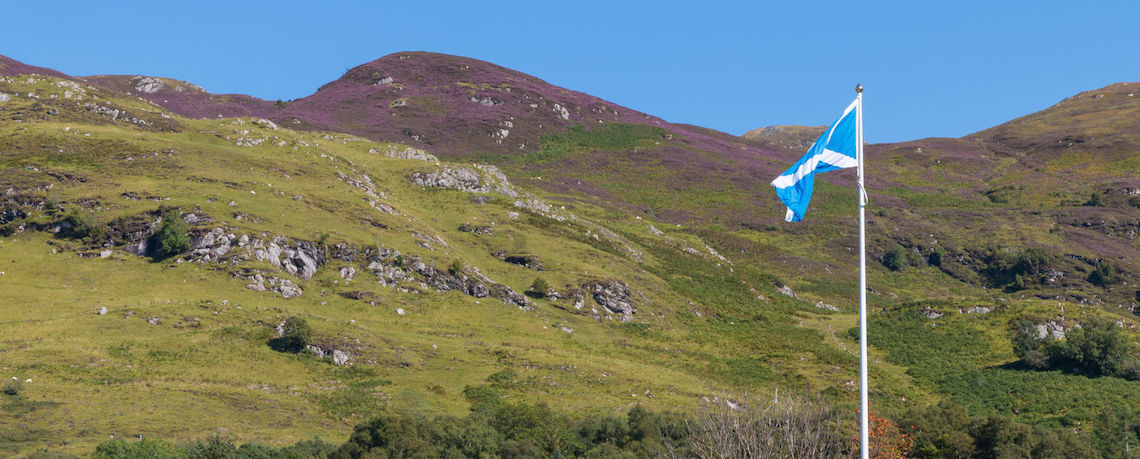
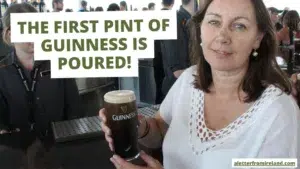
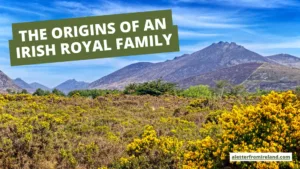
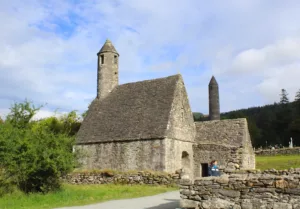
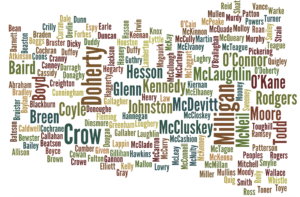
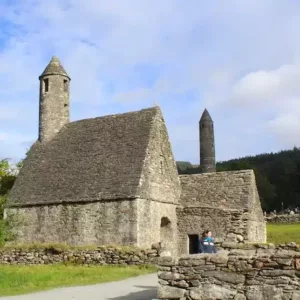
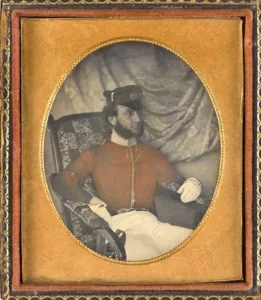
Only Plus Members can comment - Join Now
If you already have an account sign in here.